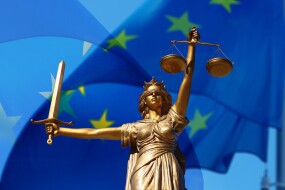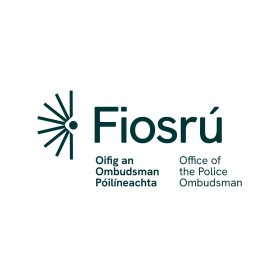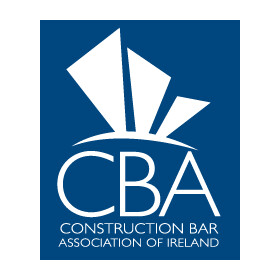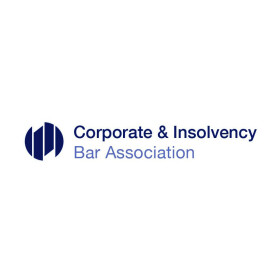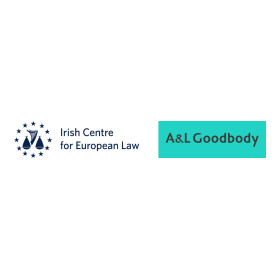Pádraig Langsch outlines the flaws in the government's proposal for criminal legal aid reform in the District Court. The minister for justice’s proposed reform of criminal legal aid in the District Court risks causing serious and lasting damage to the administration of justice, particul
Analysis
Council of Europe secretary-general Alain Berset reflects on the situation in Ukraine ahead of the fourth anniversary of the Russian invasion tomorrow. Tomorrow, 24 February, marks four years since Russia’s full-scale invasion of Ukraine. Strikes on homes, schools, hospitals, and energy infras
Matheson's Joe Beashel, Ian O'Mara and Kevin Burns examine the law on stablecoins across Europe, including in Ireland. Stablecoins have become increasingly central to the crypto-asset ecosystem, serving as a bridge between traditional fiat currencies and digital assets. Initially used primarily for
Irish Legal News presents the latest in a series of articles facilitating dialogue between criminal justice policy, practice and academic research. Dr Orlaith Rice (UL) summarises the findings and policy recommendations from a research review on the needs of young women and girls involved in crimina
William Fry partners Jason Milne and Michelle Martin examine a Supreme Court ruling which clarifies planning bodies' climate duties and limits the decisive impact of s.15 on individual development decisions. The Supreme Court in the Coolglass case upheld the High Court's decision to quash the r
Robert Shiels reviews a new book on the rediscovery of a forgotten Nazi crime. The Einstein murders were listed as number 2,550 of the total of 5,884 incidents in the Atlas of Nazi and Fascist Massacres in Italy. The place of the crimes was the Villa Il Focardo, 15 miles southeast of Florence, in 19
Mahbooba Faiz, an Afghan-born lawyer based in Ireland, uncovers the detail of the Taliban's new diktat on criminal procedure. After nearly four years of legislative opacity and rule by decree, on 4 January 2026, the Taliban issued a new legal document in Pashto language titled the “Criminal Pr
McCann FitzGerald partners Mary Brassil, Donal Hamilton and Eleanor Cunningham explore key employment law developments. 2026 is set to be another significant year for Irish employment law, with important developments in pay transparency, retirement, and equality on the horizon. This briefing outline
February is proving a busy time for Seán Brassil. Last month he was appointed general counsel at the Irish Rugby Football Union, 10 years after first writing to the IRFU offering his services during the court vacation period with a view to gaining experience in an industry about which he&rsqu
Matheson partner Kate McKenna explores the details of a proposed new EU telecommunications regulation. On 21 January 2026, the European Commission published a Proposal for a Regulation for the Digital Networks Act (DNA).
Matheson partners Emma Doherty and Pat English examine a proposed new pan-EU company structure. “EU-Inc” is a proposed form of pan-European private company. The proposal represents the most recent iteration of the EU’s commitment to the single market and its commitment to establish
Louise Heren reviews a new book on the mind of the lone mass killer.
Alice Whittaker, Leonora Mullet, Rachel Minch, Alison Hardiman and Margaret O'Leary of Philip Lee examine a case where the Supreme Court is willing to make a mandatory order ordering a local authority to make a local area plan. The first Supreme Court decision of 2026 considers the requirement
Stuart Nevin, director at Cleaver Fulton Rankin, offers an overview of emerging trends in Northern Ireland’s real estate market. Property market forecasting is inherently uncertain. While 2025 may best be described as a “momentum-building” year for Northern Ireland, marked by stabl
William Fry partners Jason Milne and Michelle Martin welcome legal clarity on anonymous requests for access to environmental information. On 15 January 2026, the Court of Justice issued judgment in C-129/24 Coillte Cuideachta Ghníomhaíochta Ainmnithe following a request for a prelimina






